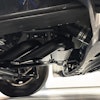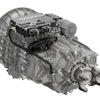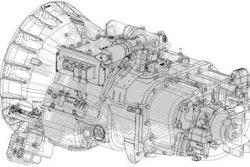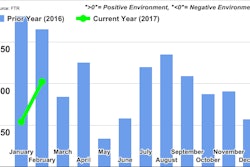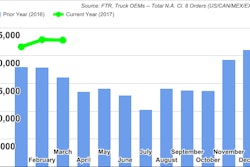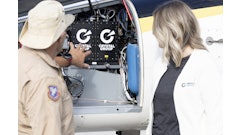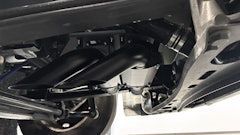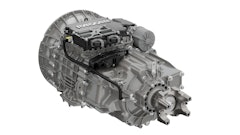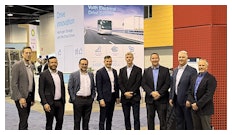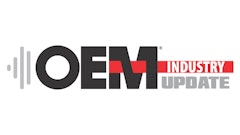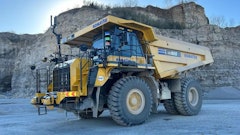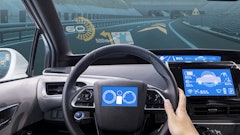The global commercial vehicle (CV) market is set for rapid transformation as truck original equipment manufacturers (OEMs) and Tier-I technology suppliers recalibrate business strategies. A slowdown in developed markets such as North America and Europe, coupled with strong demand from the booming Brazil, Russia, India and China (BRIC) economies, is driving new alliances as well as focus on digital freight brokering and in-cabin technologies. The main change in the global trucks market is the shift from truck-as-a-product to truck-as-a-service business models to create sustainable revenue streams. This trend will be bolstered by platform-based production, connected truck-enabled services, and the rise of value trucks.
"2017 Outlook of Global MD and HD Trucks Market," recent research from Frost & Sullivan's Automotive & Transportation Growth Partnership Service program, finds that despite continued economic uncertainty and fuel price volatility, market digitization and electronics-enabled business models will guide global CV executives' mindshare and strategic focal points.
"Ageing driver population, asset management and the demand for greater visibility in freight movement create a market pull for digitization of services," says Mobility Program Manager Bharani Lakshminarasimhan. "Connected truck technologies, digital freight brokering, Big Data/Internet of Things, and health, wellness, and wellbeing (HWW) technologies will emerge as key digitization imperatives."
Upcoming market developments include:
- More than 60% new platform development in the value trucks segment in the next 2-3 years
- Steadily increasing share of advanced powertrain technologies, such as natural gas and hybrid electric
- Rise in adoption of telematics, platooning, and freight aggregation; by 2020, all foundation technologies will be ready for the advent of autonomous trucks
- Focus on in-cabin technologies, including Health Wellness and Wellbeing (HWW), video safety, fleet management services (FMS), utilities, and digital freight brokering
- Urban logistics offering volume growth opportunities for MD trucks
- OEM use of HWW technologies/services to differentiate products from competitors
- High revenue opportunities for CV start-ups by 2025
"Given the speed and rate of market transformation, most growth opportunities in 2017 will be enabled through ecosystem partnerships and acquisition/development of disruptive technologies," confirms Lakshminarasimhan. "Leading OEMs, such as Daimler, Volvo, Ford, Hino and Ashok Leyland, will proactively invest in or partner with start-ups in the digital freight brokering, Big Data, and cyber security markets."

